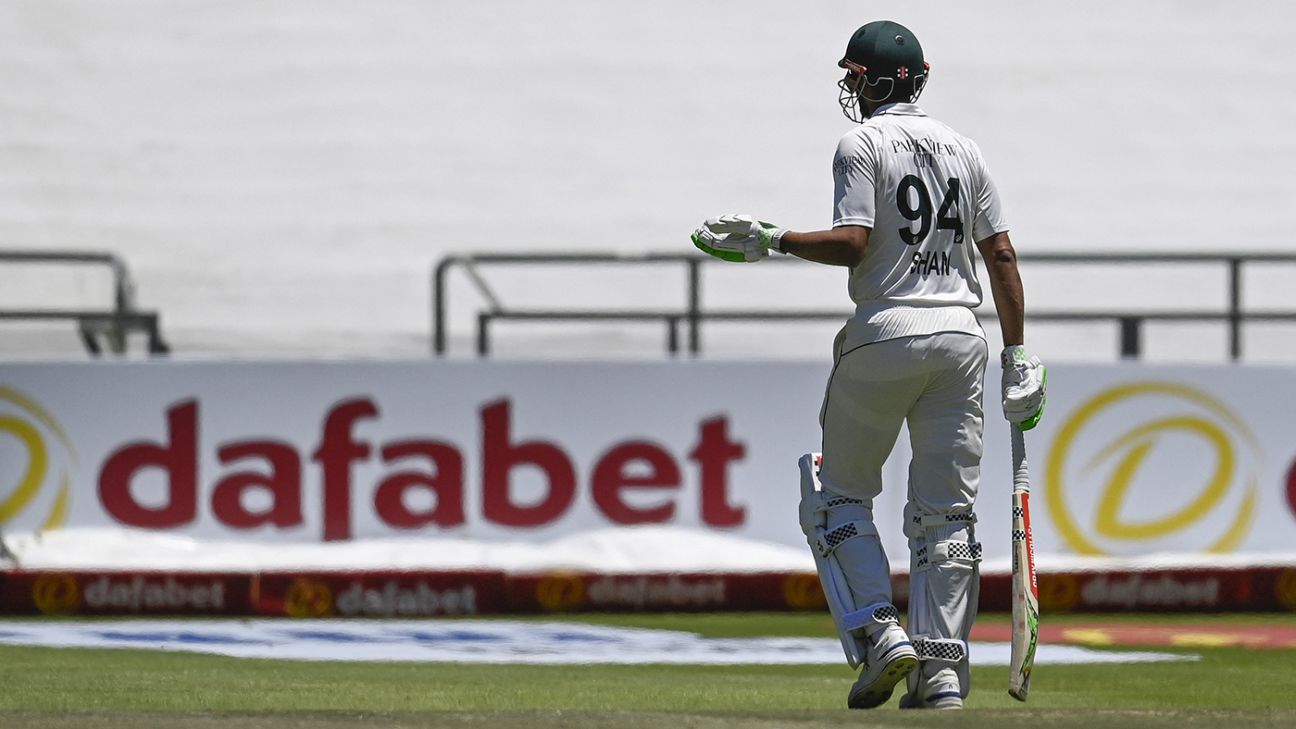Justin Trudeau Resigns as Canada PM: Justin Trudeau, a three-term prime Minister of Canada, on Monday, 6 January, announced that he was resigning from his post. He announced that he would resign as the leader of the Liberal Party of Canada. The prime minister also asked Governor General Mary Simon to prorogue Parliament until March 24.
Once Canada Parliament has been prorogued, all current bills will die, and the federal government will not pass any legislation until after Parliament has reconvened, reports CIC.
What it means to prorogue — and why Justin Trudeau is doing it.
What does it mean to prorogue Parliament?
Prorogation is a formal political process that marks the end of a parliamentary session, effectively pausing all parliamentary activities for a predetermined period. During prorogation, Members of Parliament (MPs) are sent home, and no committees can convene.
Any bills that have not received assent are set aside and must be reintroduced in the next session.
This process allows a government to reset its agenda and prepare for a new legislative session, often accompanied by a fresh throne speech and budget. Following prorogation, Parliament will reconvene for the State Opening, where a new session begins.
Prorogation vs Dissolution: It is important to distinguish prorogation from dissolution, which terminates Parliament entirely and leads to an election. While prorogation halts parliamentary business, MPs continue to hold their seats and can engage in constituency work.
Why did Justin Trudeau prorogue Canada Parliament?
By suspending parliamentary activities until March 24, Justin Trudeau aims to buy time for a leadership race within his party while also seeking to “calm the waters” after a tumultuous 2024, reports Toronto Star.
Trudeau, on Monday, also acknowledged that Parliament has been “paralysed for months,” following what has been the longest session of a minority government in Canadian history.
However, political analysts, including Kathy Brock, told Toronto Star that this strategy could backfire. Brock remarked, “Is it a wise decision? It’s a very risky one,” highlighting that Canadians are growing weary of political manoeuvring and are eager for resolution.
When will Canada Parliament return?
Justin Trudeau’s prorogation will end March 24 after a break of about two and a half months.
Why did Justin Trudeau resign?
In his resignation speech, a teary-eyed Justin Trudeau said it had become clear to him that he could not “be the leader during the next elections due to internal battles.” He plans to stay on as prime minister until a new leader of the Liberal Party is chosen.
“I don’t easily back down faced with a fight, especially a very important one for our party and the country. But I do this job because the interests of Canadians and the well being of democracy is something that I hold dear,” he said.
Was Canadian Parliament prorogued before?
According to Toronto Star, prorogation has been used as a political tool since confederation. In 1873, Prime Minister Sir John A. Macdonald requested the Governor General to prorogue Parliament to avoid a committee investigation into allegations of corruption against him.
Justin Trudeau prorogued Parliament for a month in August 2020 during the WE charity scandal, which then-Conservative leader Andrew Scheer called “spineless” and a “disgusting attempt to make Canadians forget about his corruption.”
In December 2008, Prime Minister Stephen Harper requested the Governor General to prorogue as his government teetered on the brink and the Liberals and NDPs had proposed a coalition government supported by the Bloc.
Catch all the Business News, Politics news,Breaking NewsEvents andLatest News Updates on Live Mint. Download TheMint News App to get Daily Market Updates.
MoreLess




